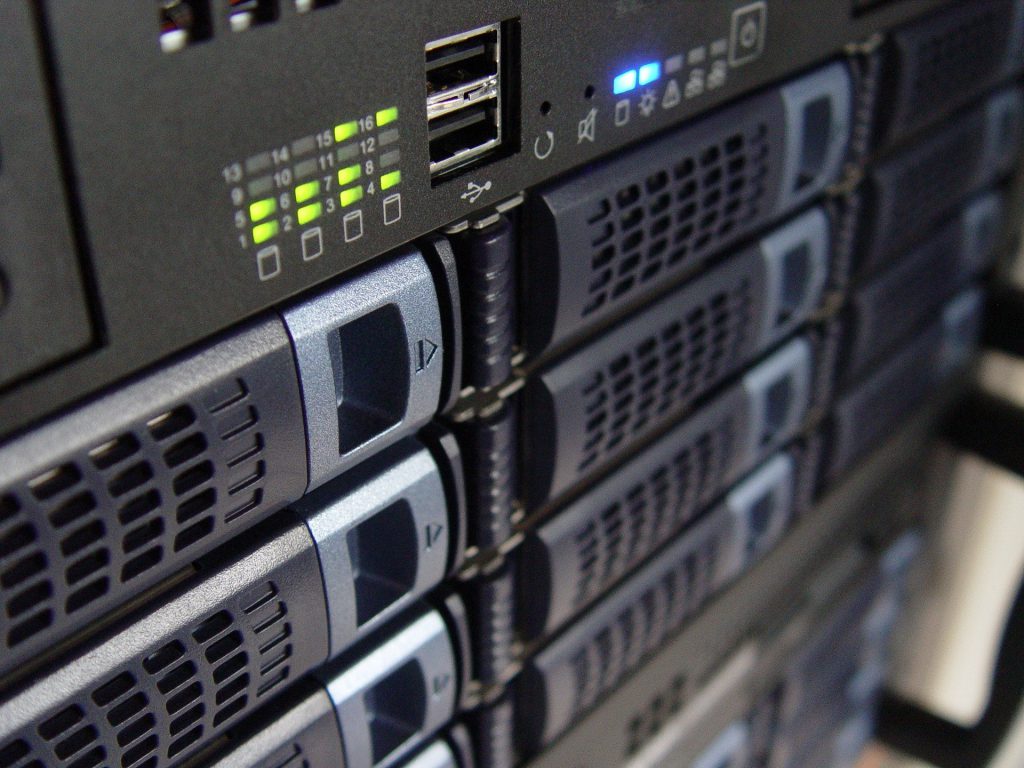What is the state of smart government and smart cities technology adoption?
That’s a question that I sought to answer at a big data, artificial intelligence and connectivity conference in Toronto over the past two days. This was one of those conferences with a main stage, a vendor stage, two classroom stages, and VIP training. It’s a matter of scheduling to determine which presentations and panels to attend.
Unfortunately, there was no robot to attend the sessions for me. (Especially a few poor vendor demonstrations.) But, there was twitter to help pick up additional insights.
Insights on the impact of big data and AI to government, a snapshot in time, are:
- Urbanization is driving innovation because of infrastructure challenges and the promise of technology solution. The City of Toronto, for example, now has a Chief Innovation Officer, a Chief Resilience Officer, and a Chief Transformation Officer.
- The impact of artificial intelligence to government is not yet understood. AI has shown potential in smart cities technology. But, the impact of widespread AI adoption in business to employment, education, tax revenue and social service expenditures is not yet understood.
- Legacy government mechanisms for budgeting and procurement stand in the way of smart government innovation. Procurement methods favour proven older technology and make it difficult to engage small firms with new innovative solutions.
- Decision Support in the big data era is complex. Governments are faced with integrating silos of legacy software systems, social media and IoT media streams. Visualization and machine learning could help to provide decision-makers with actionable information.
- Privacy and cybersecurity are critical concerns for smart government. The more data collected to make smart decisions, the more attractive the government is to hacking.
- Opendata is an ingredient for smart government. Businesses and non-profits can harness open data for innovation. Yet, there does not seem to be measurable impact as yet.
